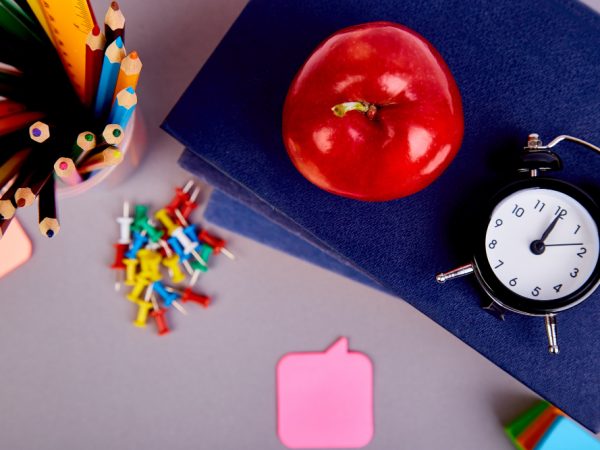Living with Attention Deficit Hyperactivity Disorder (ADHD) can present unique challenges, but medication is not the only solution. Many individuals with ADHD successfully manage their symptoms through a combination of lifestyle changes, behavioral strategies, and alternative therapies. Here are some effective ways to manage ADHD without relying on medication.
Establishing Routine and Structure
Creating a structured daily routine can help individuals with ADHD stay organized and focused. Set specific times for waking up, eating meals, working or studying, exercising, and winding down before bed. Consistency is key, so try to stick to your routine as much as possible. Breaking tasks into smaller, manageable steps can also make them feel less overwhelming and more achievable.
Practicing Mindfulness and Meditation
Mindfulness techniques, such as meditation and deep breathing exercises, can help calm the mind and reduce impulsivity and distractibility. By practicing mindfulness regularly, individuals with ADHD can improve their ability to focus, regulate emotions, and manage stress. Start with short meditation sessions and gradually increase the duration as you become more comfortable.
Engaging in Regular Physical Activity
Physical activity is essential for managing ADHD symptoms, as it helps release pent-up energy, improve concentration, and boost mood. Aim for at least 30 minutes of moderate to vigorous exercise most days of the week. Activities such as walking, jogging, cycling, swimming, and yoga can be particularly beneficial for individuals with ADHD.
Creating a Supportive Environment
Surrounding yourself with a supportive network of family, friends, and professionals can make a significant difference in managing ADHD. Communicate openly with loved ones about your challenges and needs, and enlist their support in implementing strategies to manage symptoms. Seek out support groups or therapy to connect with others who understand what you’re going through.
Implementing Organization and Time Management Strategies
Effective organization and time management skills are essential for managing ADHD. Use tools such as calendars, planners, to-do lists, and reminders to keep track of appointments, deadlines, and tasks. Break larger projects into smaller, more manageable steps, and prioritize them based on importance and urgency. Set realistic goals and celebrate your accomplishments along the way.
Exploring Alternative Therapies
Alternative therapies such as cognitive-behavioral therapy (CBT), neurofeedback, and biofeedback may offer additional support for managing ADHD symptoms. CBT helps individuals identify and change negative thought patterns and behaviors, while neurofeedback and biofeedback use technology to train the brain to regulate attention and impulse control.
Nourishing the Body with a Healthy Diet
A balanced diet rich in fruits, vegetables, lean proteins, and whole grains can support brain health and improve ADHD symptoms. Limiting sugar, caffeine, and processed foods can help stabilize mood and energy levels. Omega-3 fatty acids found in fish, flaxseeds, and walnuts may also have beneficial effects on ADHD symptoms.
Thriving with ADHD Through Non-Medication Approaches
While medication can be helpful for managing ADHD symptoms, it’s not the only option. By incorporating lifestyle changes, behavioral strategies, and alternative therapies into their daily routine, individuals with ADHD can effectively manage their symptoms and lead fulfilling lives. With patience, perseverance, and support from loved ones, it’s possible to thrive with ADHD without relying on medication.
